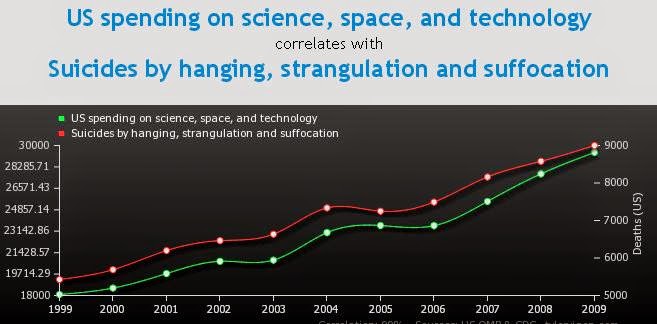Coronavirus: Looking for Patterns?
As India nears the completion of Week 1 of a nationwide Coronavirus lockdown, in places like Bangalore, one can see folks cite what other countries are doing and suggesting we do the same in our apartment complexes. Are they justified? Or over-reacting? Are the countries being compared, well, comparable? First, let me call out my source for the analysis below. It’s this site that captures Coronavirus stats from all countries . It captures infection counts, recoveries, deaths and active cases on a daily basis and also plots graphs of the same over the last few weeks and months . On some topics, I do see patterns across countries. On others, hardly. And in yet others, patterns seem limited to race (Asians, Europeans etc), or to population size, or to climate. But the key is that one can’t be sure and no pattern is universal… yet I find most people talk as if there is certainty on all such matters. Take China and South Korea : only 4.2% and 2.9% of infected cases have res
